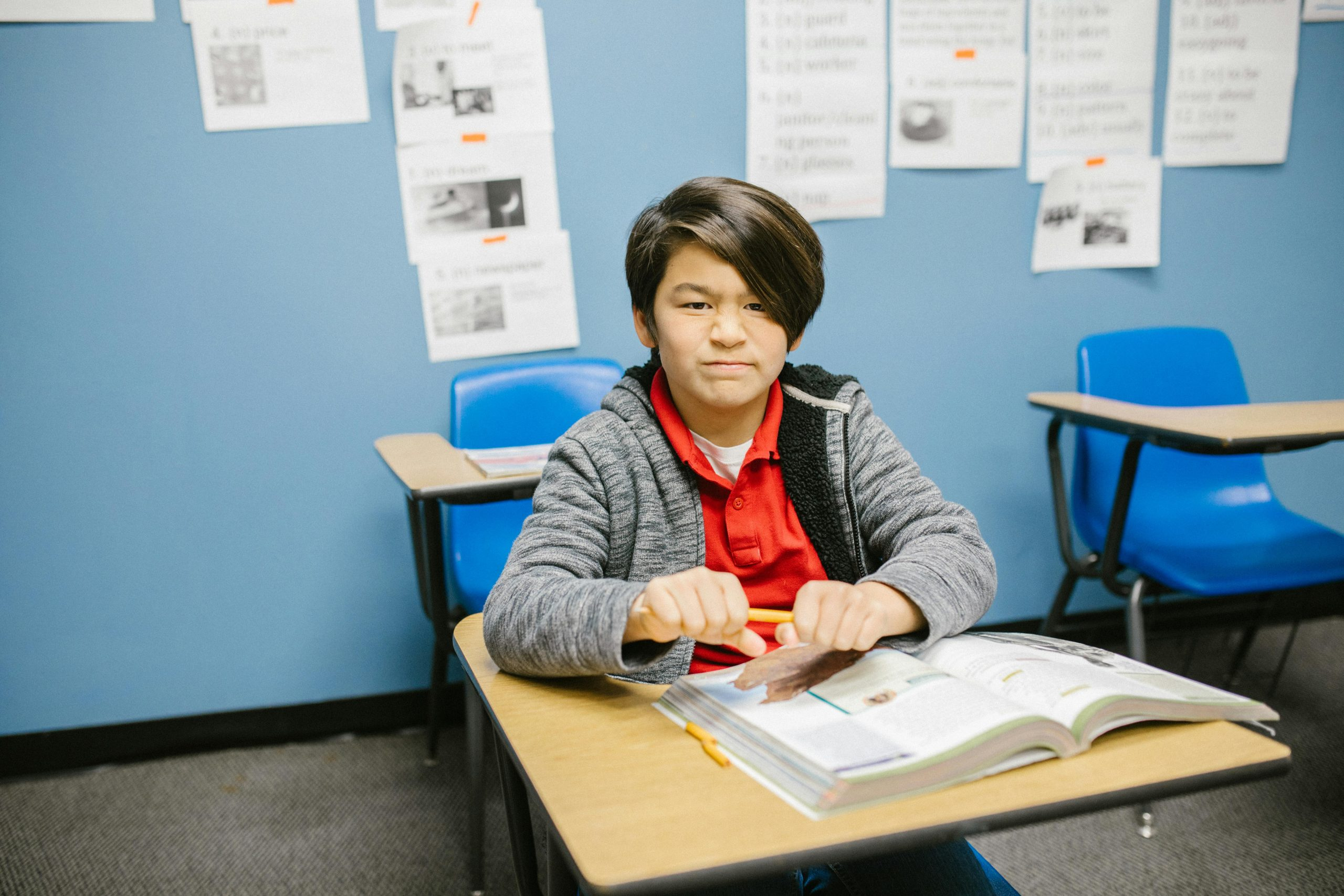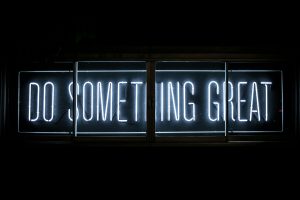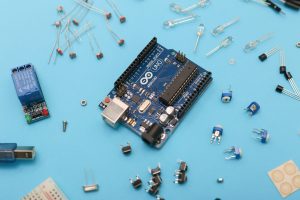Breaking Through Educational Barriers
Education is often seen as the key to success, providing individuals with the knowledge and skills necessary to break through barriers and realize their full potential. However, with the rising costs of education and the disparities in access to quality education, many individuals, particularly those from marginalized communities, find themselves unable to break through these barriers. In this article, we will explore the various challenges that individuals face in accessing education and discuss ways to overcome these barriers.
The Cost Barrier
One of the most significant barriers to accessing education is cost. With the rising costs of tuition fees, books, and other educational materials, many individuals cannot afford to pursue higher education. As a result, they are unable to access better-paying job opportunities and are at a disadvantage in the job market. This financial barrier disproportionately affects low-income families and individuals from marginalized communities, creating a cycle of poverty that is challenging to break.
Solutions
In recent years, there has been a growing recognition of the impact of the cost barrier on access to education. As a result, various measures have been put in place to address this issue. For instance, many universities and colleges now offer financial aid and scholarships to students from low-income families. In addition, there are several government grants and financial aid programs available to make education more accessible to individuals from marginalized communities.
Furthermore, with the rise of online learning platforms and Massive Open Online Courses (MOOCs), individuals can now access education at a lower cost or even for free. This has greatly reduced the financial barrier to education, making it more accessible for those who cannot afford traditional higher education.
The Educational System Barrier
Aside from the cost barrier, the educational system itself can be a barrier to accessing quality education. In many countries, the educational system is not designed to cater to the diverse needs of students. This results in individuals from marginalized communities, such as students with learning disabilities or those from non-English speaking backgrounds, facing significant challenges in accessing education.
Solutions
In recent years, there has been a considerable effort to make the educational system more inclusive and cater to the needs of diverse students. For instance, there are now programs and initiatives in place to support students with learning disabilities and provide them with the necessary resources and accommodations to access quality education. Additionally, schools and universities are increasingly offering English as a Second Language (ESL) programs to help non-native English speakers succeed in their studies.
Moreover, the rise of technology in education has made it possible for individuals with disabilities to access education through assistive technology and online learning platforms.
The Gender Barrier
Aside from financial and systemic barriers, there are also social barriers that can prevent individuals from accessing education. One of the most significant is the gender barrier. In many communities, particularly in developing countries, girls and women are denied the right to education because of cultural norms and traditions. This barrier severely limits their opportunities and perpetuates gender inequalities.
Solutions
In recent years, there has been a global effort to promote gender equality and ensure that all individuals, regardless of their gender, have access to education. Governments and NGOs have implemented initiatives and programs to break down cultural barriers and promote girls’ education in developing countries. In addition, scholarships and other forms of financial aid are now available specifically for women, encouraging them to pursue higher education.
The Importance of Overcoming Educational Barriers
The barriers to accessing education not only limit individuals’ opportunities but also have a significant impact on society as a whole. Education is crucial for economic growth and development, and by breaking through these barriers, we can pave the way for a more prosperous and equitable society. Additionally, education can empower individuals to break through other barriers, such as poverty and discrimination, and create a better future for themselves and their communities.
In conclusion, breaking through educational barriers requires a collective effort from individuals, governments, and organizations. By addressing the financial, systemic, and social barriers to education, we can create a more inclusive and fair education system that provides equal opportunities for all individuals.











